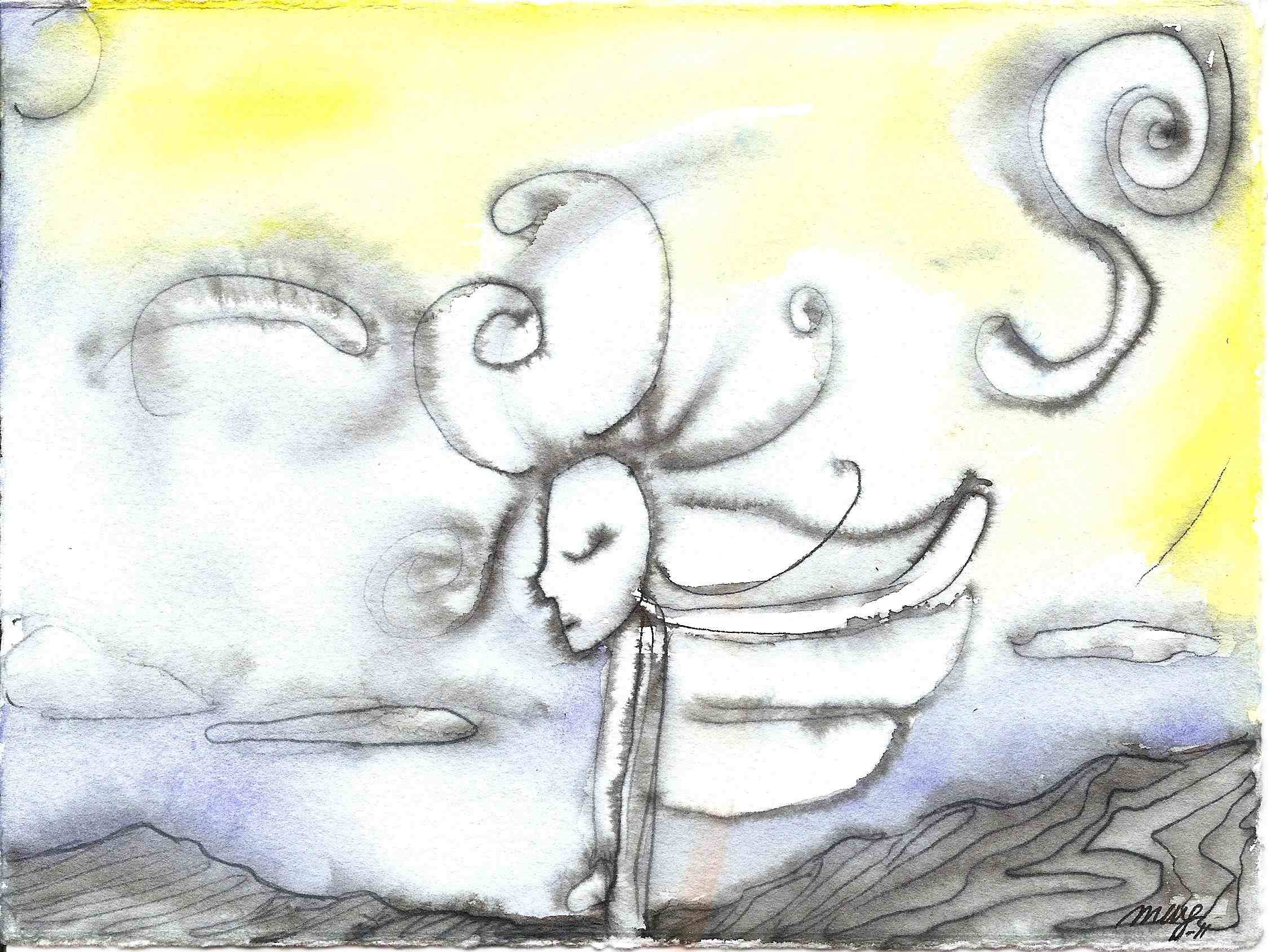
Couples Therapy

Couples Therapy
Rebuild connection • Improve communication • Strengthen your bond
Couples therapy provides a supportive, judgment-free environment where you and your partner can address challenges, improve communication, and rediscover the joy in your relationship. Whether you're navigating conflict, rebuilding trust, or simply wanting to deepen your connection, we help couples at every stage find their way back to each other.
HOW IT WORKS
-
Discuss your goals and determine if we're a good fit
-
Learn about your relationship and create a personalized plan
-
Practice new communication skills and create lasting change

Who it’s for?
We help couples navigate:
✓ Communication breakdowns & conflict patterns
✓ Trust issues or rebuilding after betrayal
✓ Emotional or physical intimacy concerns
✓ Life transitions (parenthood, career, relocation)
✓ Financial stress and disagreements
✓ Pre-marital preparation
✓ Blended family challenges
You don't need to be in crisis to benefit. Many couples seek therapy to maintain a healthy relationship or grow closer.
Couple session
$175 / month
4 sessions / month
Duration: 50 minutes
Virtual/In person
Insurance accepted: BCBS of Texas / Oxford / Oscar Health / Aetna / Cigna / United Health Care

Start with a free 15‑minute call to ask questions, share what’s been going on, and decide on next steps—no pressure.





